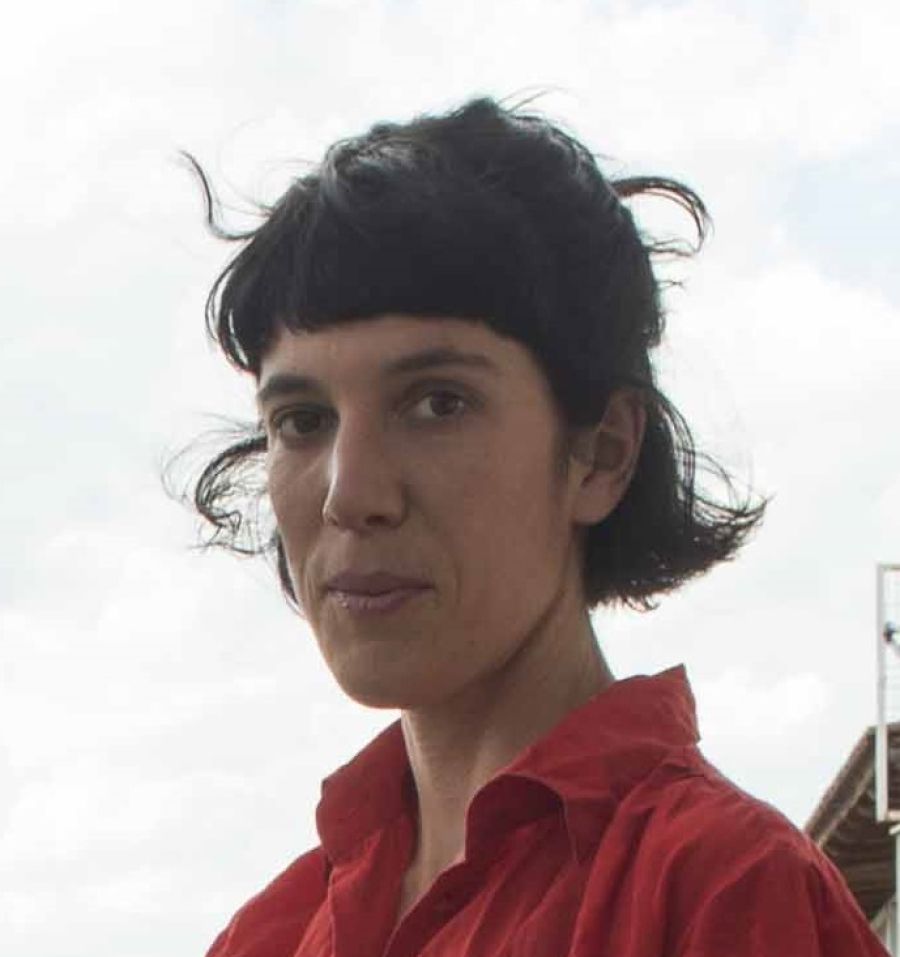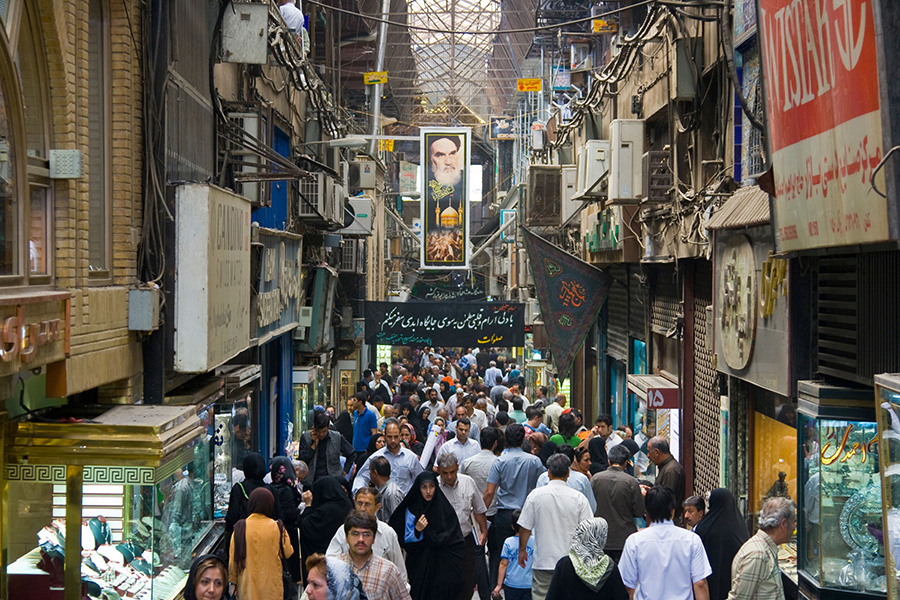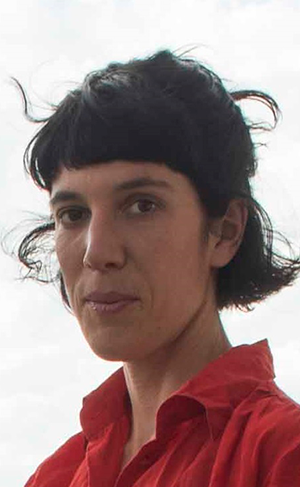
- Free Article: No
- Contents Category: Commentary
- Custom Article Title: ‘Deeper into darkness: Iran after the twelve-day war’
- Review Article: No
- Article Title: Deeper into darkness
- Article Subtitle: Iran after the twelve-day war
- Online Only: No
- Custom Highlight Text:
In September 2024, Israeli Prime Minister Benjamin Netanyahu sent a video message to the ‘noble Persian people’ of Iran. His address contained both a warning and a promise. ‘With every passing moment,’ he cautioned, the regime of the Islamic Republic was bringing them ‘closer to the abyss. The vast majority of Iranians know their regime doesn’t care a whit about them.’ When Iran was free, however, it would be different – thriving through global investment, tourism, and the innovation of its peoples. He concluded his dispatch by telling Iranians, ‘You deserve more. The people of Iran should know: Israel stands with you.’
Nine months later, his government launched a surprise military assault on their country. On the night of June 13, residents of the capital, Tehran, woke to the sound of explosions: drone and missile strikes that brought down entire residential buildings. Many reported watching the mountains around western Tehran light up as a bombed fuel depot was incinerated. Israel soon issued a warning that the entire city of ten million should be evacuated. Iranians were meanwhile plunged into a virtual communication blackout as their rulers imposed nationwide restrictions on the already tightly controlled internet access which makes getting news out of the country famously difficult. Israel’s air campaign was joined within days by the United States, which bombed nuclear sites around the country to near destruction.
‘Not one of us saw it coming,’ says Kaveh (not his real name), a London-based academic from Tehran who had returned to visit in the month leading up to the war, leaving five days before the strikes began. His parents, also visiting, found themselves stuck amid the conflict and had to escape through Armenia. ‘We had our eyes on the negotiations between Iran and America,’ he says, referring to talks taking place amid the intermittent exchange of fire between Iran and Israel over the preceding year. Tensions between the region’s two arch foes mounted in the aftermath of October 7, with Israel bombing the Iranian consulate in Damascus in April 2024 and later assassinating Hamas’s political leader, Ismail Haniyeh, in Tehran. ‘It was a miscalculation by all of us,’ says Kaveh, who had not gone back to Iran for a decade until this year amid fears of persecution. ‘The negotiations were just a smokescreen for Israel to attack.’
 Tehran Bazaar, Tehran, Iran, 2008 (Amanda Ahn/Alamy)
Tehran Bazaar, Tehran, Iran, 2008 (Amanda Ahn/Alamy)
At its conclusion, following a ceasefire mediated by the United States and Qatar, Israel’s twelve-day ‘Operation Rising Lion’ against Iran had killed more than 1,000 people and injured some 4,500, both civilians and military personnel. With countless others escaping their homes to rural areas or neighbouring states, the lives of Iranians were sent into upheaval. Not limited to nuclear sites, the campaign targeted water and oil infrastructure, power stations, and densely populated neighbourhoods. The penultimate day saw Israel bomb the capital’s notorious Evin prison, which houses most of the country’s political detainees, killing dozens in what Human Rights Watch describes as an ‘apparent war crime’. Iran’s sanctions-starved economy was dragged deeper into its economic crisis.
From both Tel Aviv and Washington, the campaign was clad in the rhetoric of regime change, including in another video address from Netanyahu, who encouraged Iranians to stand up to their ‘evil’ rulers. Amid overstretched livelihoods, growing inequality, and political repression, popular opposition to the Iranian regime has been mounting in recent years – in particular since the thwarted pro-democracy Green Movement of 2009 and the insurrectionary ‘Woman, Life, Freedom’ protests of 2022. Yet, despite Iranians’ awareness of the contempt with which the regime regards many of their rights and freedoms, the twelve-day assault fooled few into thinking that Israel has their best interests at heart.
‘Discontent remains widespread,’ says Setayesh Nooraninejad, an Iranian academic living in Australia. ‘Nevertheless, there has been no sign of public celebration at attacks on nuclear facilities. People generally oppose war, as its consequences are equally damaging for both supporters and opponents of the regime.’ Nooraninejad points to a statement condemning the attacks by some five hundred Iranian civil activists, former political detainees among them – an opposition echoed by others within and outside the country, including Nobel laureates, cultural figures, and the imprisoned reformist politician and Green Movement leader Mostafa Tajzadeh. ‘During the days of war, the gap between the people and the government narrowed somewhat, and a form of national convergence emerged in opposition to the attack,’ she says. ‘Even those who seek regime change do not want it to come through war or foreign intervention; they want a peaceful, stable life, not destruction and insecurity.’
Despite this apparent unity, politics for Iranians on the ground and in the diaspora are fraught and highly divisive. Among many migrants and exiles – both forced and self-imposed – there is fervent opposition to the regime, as well as a divergence in political views. Iran’s waves of exile commenced en masse with the 1979 revolution and include both monarchist supporters of the former shah and newer opponents of the Islamic Republic.
For opportunists in the monarchist camp, the June offensive was ripe for exploitation. The campaign saw the exiled son of Iran’s deposed shah, Reza Pahlavi – hailed by supporters as the ‘Crown Prince of Iran’ – call on the West to give its full backing to ousting Supreme Leader Ayatollah Ali Khamenei, offering himself up as interim leader following regime change. A figure who has met with politicians from Netanyahu to the United Kingdom’s far-right Nigel Farage, Pahlavi represents little hope for those Iranians who support genuine democracy. ‘People see him speaking fluent French and English, rather than the mullahs speaking Arabic, and they become nostalgic for pre-revolutionary Iran,’ says Kaveh. ‘They think “any regime is better than this one”, but we can always go deeper into darkness. I don’t want to replace a theocratic regime with a secular but proto-fascist one.’
At the opposite pole, Iran’s leaders seized on the war to entrench the authority of their regime and the nationalist narrative buttressing it. Israel’s claims of campaign victory were quickly countered by Khamenei who declared that his country had emerged victorious, delivering ‘a slap to America’s face’. Simultaneously, the Islamic Republic’s leitmotif about enemies abroad was mirrored domestically in a mass crackdown on the purported ‘enemy within’. Authorities claimed to have arrested as many as 21,000 ‘suspects’ accused of spying for Israel, three of whom were executed, while Iranian rights groups recorded more than 700 arrests or charges. Thousands of Afghan migrants were deported on the pretext of national security and some were forced to perform staged confessions. Reports later emerged that survivors of the attack on Evin prison became victims of further abuse and disappearances.
Amid this divided and incendiary political landscape, many Iranians fear that the main collateral of the war will be another blow to the country’s democratic movements. As Professor of Political Science at the University of Alberta Mojtaba Mahdavi notes: ‘Far from fostering democracy, war paves the way for the emergence of garrison states, entrenches authoritarianism, and often serves as a pretext for repressing dissent.’ True security and democracy for Iranians will only be achieved, he says, by a government driven by the will of its people and not by ideology or foreign political currents. ‘We must not allow Iran to become the next casualty of such a predicament – a battlefield where the democratic aspirations of a people are sacrificed to militarism, foreign intervention, and authoritarian resilience.’
This is one of a series of ABR articles being funded by the Copyright Agency’s Cultural Fund.



Comments powered by CComment